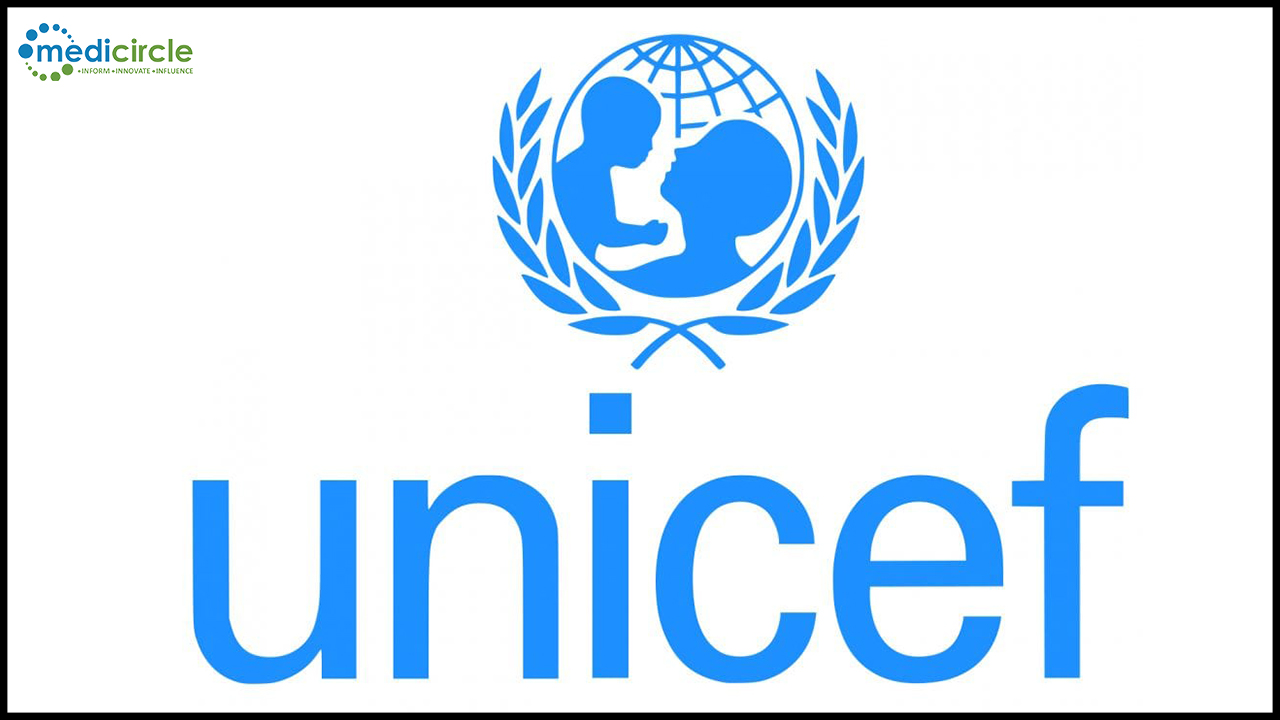Forty-five religious leaders from South Asia, in a meeting hosted by the Government of Bhutan with support from UNICEF, today agreed to support child rights in all eight of the region’s countries. Religious leaders from Afghanistan, Bangladesh, Bhutan, India, Maldives, Nepal, Pakistan and Sri Lanka participated in the two-day conference in Bhutan.
The leaders of various faiths noted the important role they can play to support and promote the rights of children in each of their countries. These rights are enshrined in the Convention on the Rights of the Child, which has just celebrated its 30-year anniversary. They include the right to health care and the right to education, as well as making sure that children live in a clean and safe environment and that their opinions are heard and taken seriously. “Religious leaders are often highly influential in their communities, and through their moral standing and influence, they can foster dialogue, contribute to behavior change and can help ensure support for the most vulnerable groups including children.
That is why their voices on child rights are so important,” said Ms. Jean Gough, Regional Director for UNICEF South Asia. “Religion and faith play an important role in lives of millions of people in this sub-continent. We find strong consensus across our religious traditions about the dignity of every person, including children. All religious leaders in the region must work towards ensuring that girls and boys have equal opportunities to enjoy these rights, particularly education, protection, health, social development and participation,” said Gurumaa Anandmurti from India.
The participants at the conference also discussed the many challenges that remain to fully implement the Convention of the Rights of the Child in South Asia. The religious leaders outlined their potential role to ensure that every child has the best chance in life. “We, religious leaders, have a responsibility to shape social values and promote responsible behaviors that respect the dignity and sanctity of all life. We have a duty towards engaging the community to ensure girls and boys are treated equally,” said Syedshah Shamimmuddin from India. “We still have a long way to go before every child has her or his rights realized, but it is uplifting to hear how religious leaders will accelerate action in this new decade to make this happen. In this spirit of collaboration, we will be able to take important steps to improve the lives of children in South Asia,” said Jean Gough.

 Religious leaders in South Asia meeting with United Nations Children’s Fund (UNICEF) today in Paro, Bhutan, have agreed to work in support of child rights in all eight of the region’s countries.UNICEF promotes the rights and wellbeing of every child, in everything we do.
Religious leaders in South Asia meeting with United Nations Children’s Fund (UNICEF) today in Paro, Bhutan, have agreed to work in support of child rights in all eight of the region’s countries.UNICEF promotes the rights and wellbeing of every child, in everything we do.










.jpeg)



.jpg)





.jpeg)

.jpg)





.png)

